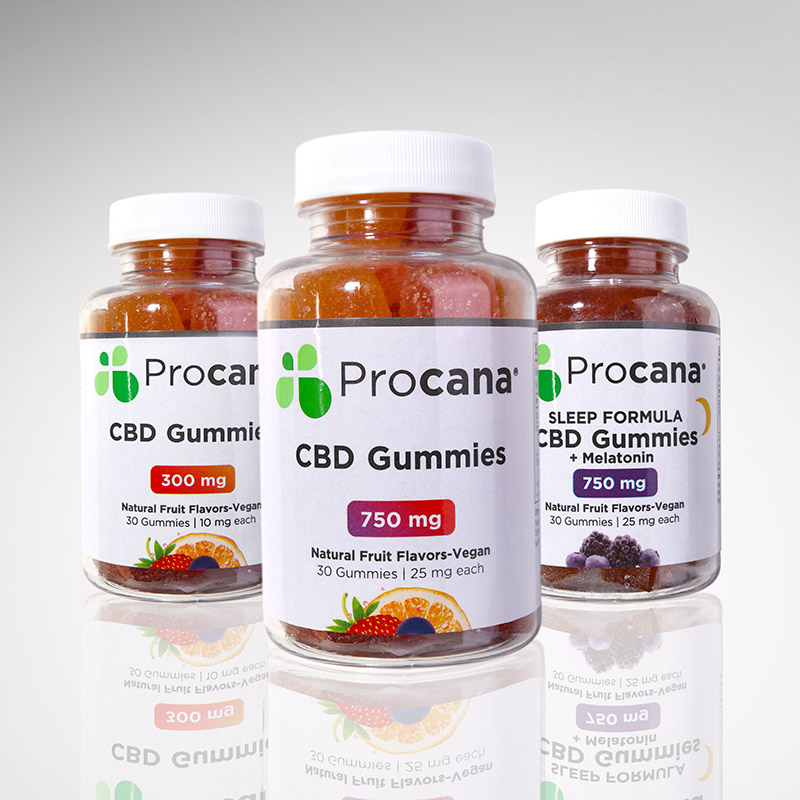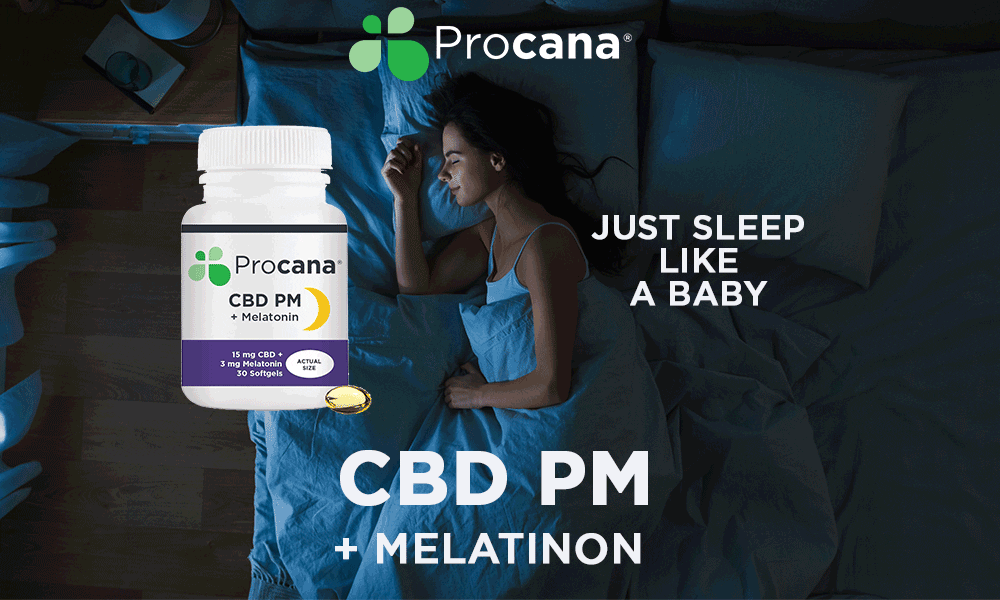CBD gummies have become a household name in the US CBD market. You can find them easily in any superstore, grocery, and wellness store. Many online stores are selling a large variety of CBD gummies. Increasing demand for these gummies raises many questions in the mind of new conscious users. They are very concerned about the THC content in these gummies. If you are also ingesting CBD gummies, then what about THC content? Many people who have undergone drug tests are worried about taking these gummies with THC. They cannot pass this test if THC traces are found. THC compound might causes psychoactive effects when ingested. Cannabidiol gummies are delicious treats containing a significant amount of CBD and other compounds. The following content is an attempt to find whether these gummies contain THC or not. If these CBD gummies contain THC, then what is the reason?
What Are CBD and THC?
Cannabidiol (CBD) is one of the phytocannabinoid present in the cannabis plant. It is known for its calming effects and many health-beneficial properties. It does not produce any head-high effects like THC.
THC is also an active Cannabinoid compound present in Cannabis Sativa plants. Marijuana plants also contain THC but are higher in concentrations. Cannabis Sativa or hemp has less than 0.3 percent THC. Hemp is a cannabis Sativa plant with less or 0.3 percent THC content. Most people think that hemp and marijuana are the same plants, or sometimes they use these words interchangeably. Marijuana contains high THC content. That’s why marijuana causes intoxicating effects. These effects lead to high feelings that prevent people from passing the drug tests.
THC affects the endocannabinoid system and produces head-high effects. All humans have an endocannabinoid system. These cannabinoids affect this endocannabinoid system. CBD affects this endocannabinoid system so differently that it doesn’t produce any head-high effects.
Do CBD Gummies Contain THC?
THC and CBD are different phytocannabinoid. They might be found in the same hemp extract or cannabis or plant, but the two compounds are different. If your gummies are sourced from hemp and labeled as full spectrum gummies, then these have some THC. Such gummies have all the compounds present in the hemp plant, including THC. Many people like to use full-spectrum CBD gummies to take advantage of the benefits of all the compounds. Full-spectrum CBD contains all flavonoids, cannabinoids, terpenes, and various other hemp compounds. Many people believe that these hemp compounds are more effective when working in synergy.
On the other hand, many people don’t want to have THC, even in minor concentrations.
Some brands eliminate THC content to cater to customers who are concerned about the THC content in gummies. So broad-spectrum gummies don’t have THC content. Some brands use pure CBD concentrate to produce CBD gummies, so such gummies also don’t contain any THC content. Such gummies are higher in CBD content.
Sometimes it is necessary to know the source of CBD in your gummies. If CBD is extracted from marijuana, then there is higher THC content in your gummies. If the source of CBD in your gummies is hemp, then it has THC of less than 0.3 percent.
Furthermore, many manufacturers believe that CBD and THC are more effective when working together. So to increase the effectiveness of their product, they include THC in their product.
This mode of Cannabinoid interaction with each other is called the entourage effect. Although THC and CBD are closely linked, they exist in similar plants and influence the human body in a different manner. So you can say that CBD gummies may have THC or may not have THC. It all depends upon the source of CBD and manufacture. Now it’s your personal choice whether you buy gummies with THC or without THC.
Frequently Asked Question
Q. Can I Fail a Drug Test After Taking CBD Gummies?
Drug tests are designed to identify THC, along with its metabolites. Though these drug tests don’t screen for CBD. Although some CBD products still include a low quantity of THC. If your CBD gummies contain a very low percentage of THC, you may not pass your drug test.
If you are taking gummies that are sourced from marijuana and have a higher level of THC content, then this could make a person fail a drug test. THC can stay in your system more than a week depending on the person’s metabolism and the quantity of THC remaining in their system. So if you use CBD gummies with THC even in a lower percentage, then discontinue the use before some days of the drug test.
Q. Can CBD Gummies Cause Head-High Effects?
CBD gummies do not possess any psychoactive properties, so you cannot have head-high effects. CBD is mostly extracted from hemp, and this plant contains insignificant amounts of THC. Mostly higher concentrations of THC are associated with psychoactive properties. FDA and federal laws don’t legalize any product having more than 0.3 percent THC.
Q. What Is the Legal Status of CBD Gummies With THC?
Hemp-derived CBD gummies having less than 0.3 percent THC are legal. If THC concentration is more than 0.3 percent, then you have to go through the federal and state laws. In some states, CBD products with a higher concentration of THC are legal but under special conditions. Otherwise, FDA and federal laws don’t allow any product with a higher concentration of THC.
Wrapping up the Things
THC is a chemical compound present in both hemp and marijuana. In hemp, its concentration is less than 0.3 percent, and that’s why it doesn’t cause head-high effects. You have to read the label carefully when it comes to CBD gummies. If gummies are full-spectrum CBD gummies, then these gummies contain THC content but less than 0.3 percent. Many consumers want to know about THC content in these gummies due to its psychoactive effects, but less than 0.3 percent THC doesn’t produce head-high effects. Many manufacturers make CBD gummies with THC to produce entourage effects as they believe CBD and THC together are more effective.





